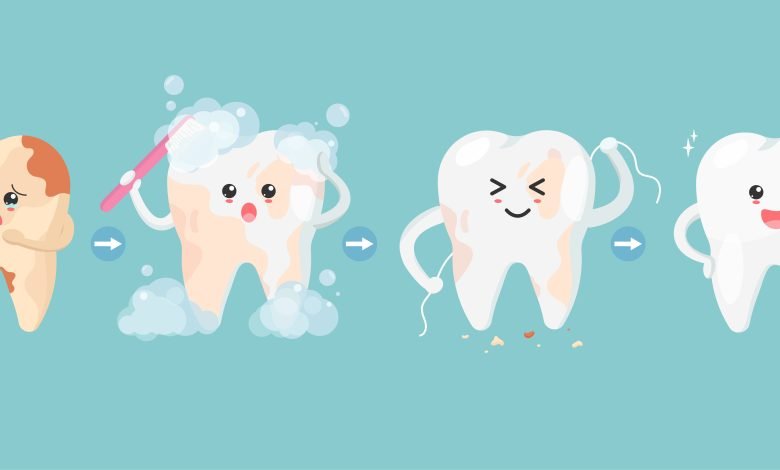
Dental surgery not yet entirely shown that this increases the risk of heart disease.
According to British studies, dental surgery may raise the risk of heart attack and stroke. (Penang Dental Surgery)
“This is the first proof of increased risk for heart attack or stroke after a dental treatment,” says Dr. Francesco D’Aiuto. “We need to look at it further, but it won’t happen with every dental procedure.”
Because the researchers were unable to get data on the medications patients were taking at the time of surgery, it is difficult to pinpoint exactly what is happening. For instance, stopping taking some drugs could have increased their risk of having a heart attack or stroke.
Nevertheless, the elevated risk could be substantial given that these illnesses affect more than a million people in the United States.
The study indicated heart attacks and strokes occurred most often in the first four weeks after surgery.
GlaxoSmithKline, which makes heart and stroke drugs, handed Medicaid researchers data on American Medicaid patients receiving dental work, such as tooth extraction.
D’Aiuto said heart attacks and strokes are linked to bacterial infections and inflammation. Inflammation can damage artery linings and promote plaque buildup.
This prompted the scientists to consider the function of dental surgery as well, they wrote in the Annals of Internal Medicine.
However, they had trouble locating many candidates for the tests. In a 4-year span, only 1,150 Medicaid beneficiaries had both an invasive dental procedure and a heart attack or stroke.
In the four weeks after dental work, 40 heart attacks or strokes occurred, 1.5 times the baseline rate.
Dr. Howard Weitz, a cardiologist at Thomas Jefferson University in Philadelphia and co-author of an editorial on the study, told Family Dental that the investigation wasn’t meant to determine if dental surgery causes cardiac problems, but if they are linked.
Information entry error
Additionally, according to other studies, information entry errors are extremely typical in databases like the Medicaid one.
Even when accurate, Medicaid information doesn’t mention aspirin and other heart-healthy OTC medications.
To assist reduce excessive bleeding following surgery, doctors may advise patients to discontinue taking aspirin. Weitz explained that discontinuing aspirin could increase the risk of heart attack or stroke in some of these persons in the future.
He said there isn’t enough research to recommend deferring dental surgery, which could cause additional problems. People should talk to their doctors and dentists if they’re at risk for a heart attack or stroke.
According to Weitz, “this study could draw a lot of attention to dental operations, but I don’t think people should view this as a cause for alarm.”
New York City dentist Saul Pressner agrees that you shouldn’t avoid the dentist because of heart attack or stroke risk. This study emphasises the need of frequent dental appointments and proper oral hygiene to lower coronary risk.
You can speak with your local dentist or check out Penang Dental Surgery if you recently looked into getting any dental surgery and are concerned about this problem.
Explore more informative articles at Article Soup ! Don’t forget to forward this article to your friends who might interested in this topic.




